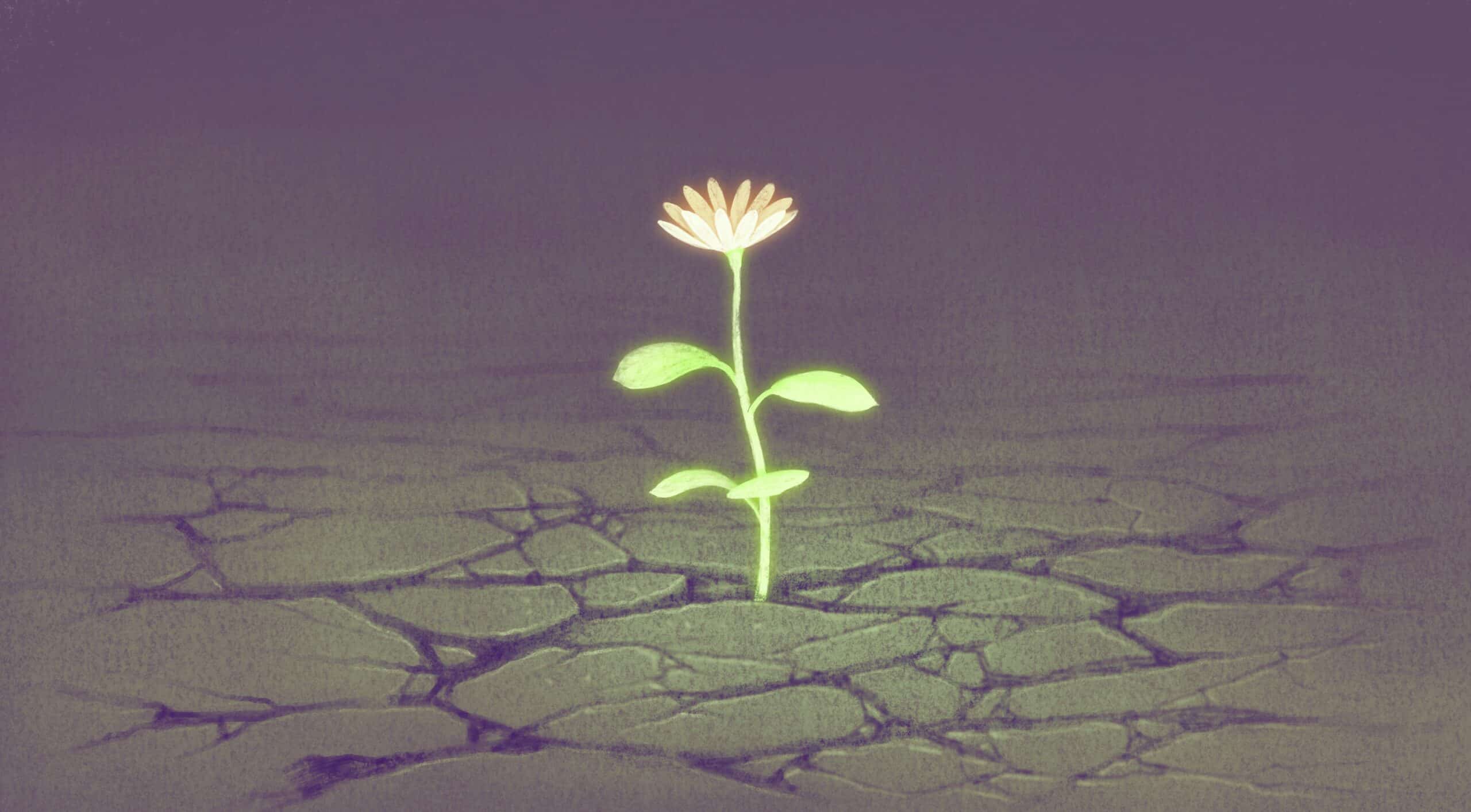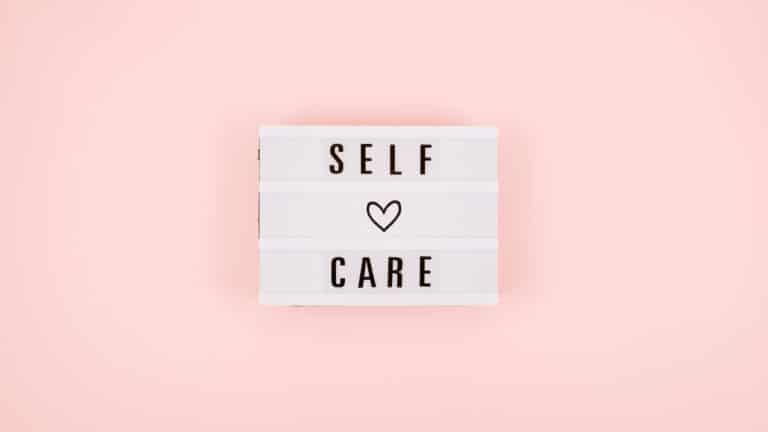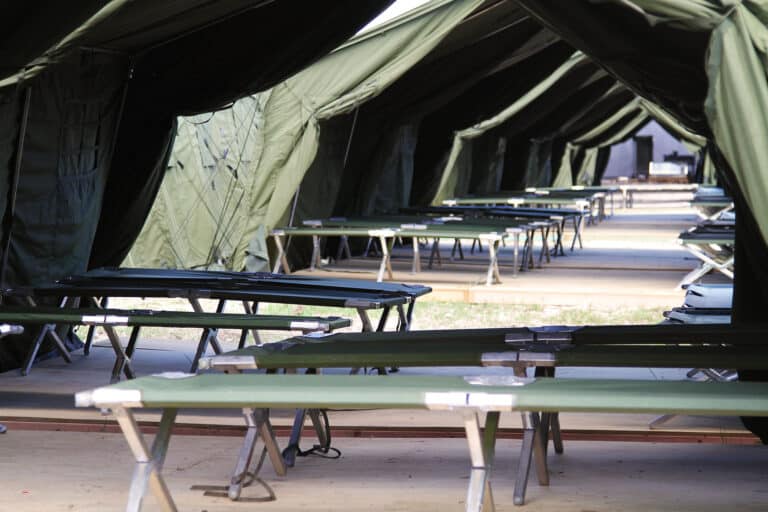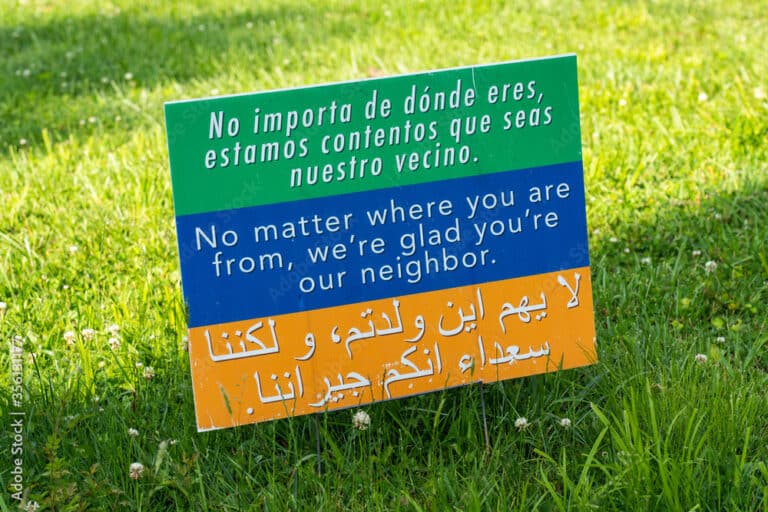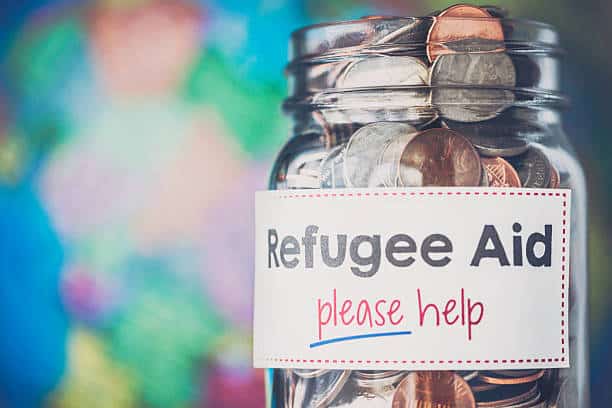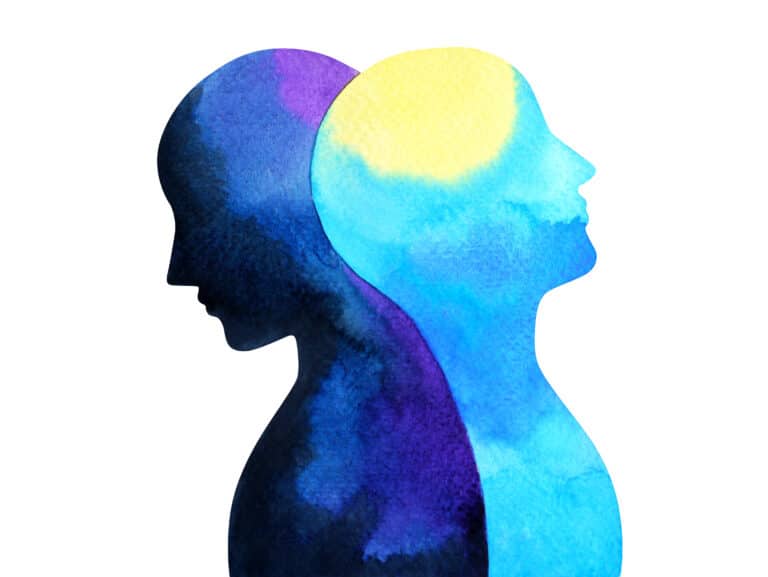I Can Build a New Life
I don’t know how many crates I’ve moved today. Every crate is 10 kg, and I can feel my right shoulder aching. So, could it be 200 crates that I’ve already moved this morning, since I started at 5am? Or maybe I’ve moved more?
We always start at 5am when there is broccoli to wash and pack here in the freezer room. I take one broccoli-filled crate from the tall stack, then my job is to swivel left and right between the crate and the conveyor belt, placing two broccoli on the places marked for them, then turning to reach and take another two from the crate. The belt takes the broccoli past the circular saw that cuts their stems, then drops them into the washing machine. They’ll be fished out for packing, others’ hands will band them in small groups, put them safe in different boxes, put the boxes safe in big semi trailers, then to markets, to homes, to the mouths of families. Me, though, I’m stuck here with this moving belt today. Circles, no exit lines into a family home. The belt cycles back so many times I couldn’t count the rotations even if I wanted to. I measure my time here by aches linked to numbers of crates. I’m not fixed here like this machine, but I’m proud to work as hard and steady as this belt. I am less noisy, too.
I’ve been working here at the farm for more than a month now, and I have one month remaining of my 6 month bridging visa for Australia.

“Tomorrow you will be free”
On 20 January 2021, I had been staying in the Park hotel for one month. Before that I had been in the Mantra Hotel Prison for 13 months. On 20 January I was standing at the window looking down at the park. Suddenly a SERCO officer called my name, “Mardin! You have an appointment at 2pm tomorrow with ABF [Australian Border Force].” After a few minutes I realised that it wasn’t just me called to the meeting, there were 12 of us waiting for the appointment at that time. When the next day came, 12 of us were taken to the ground floor; we sat on chairs and many SERCO guards stood around us. My right leg started shaking with anxiousness- it had to be bad news to have so many guards here surrounding us.
The oldest of the four ABF employees standing in front of us spoke. “I have good news for you guys. Tomorrow you will be free.” The detainee sitting next to me began to cry and I saw two of the other men hug each other. I couldn’t stop my legs shaking, I was only able to reflect on the fact that I was in shock. Would it really happen? After 8 years, would I be free? Was this true?
The old guy started talking again. “Tonight, pack up your property, and at 8am tomorrow we will move from here to MITA detention centre for processing. So be ready for tomorrow. 8am.”
I came back to my room and lay down, looking at the wall. I lay for 2 or 3 hours, just thinking. It was a feeling I have never had before – one single piece of information was given to us, and I was consciously trying to make sense of it but I couldn’t. The news, ‘Tomorrow you will be free,’ had a meaning that I couldn’t grasp. I couldn’t understand what was behind those words.
Why? Because 8 years in detention was 8 years of only hearing bad news. For all that time, we heard about self-harm, suicide, torture, prison; only bad news. How could there be good news? I still couldn’t believe it. Could it be true?
“Is this me, walking free?”
After 8 years I was released. Freedom! At the new accommodation there were no security guards around me. I didn’t know what to do with myself. I lay on my bed for 3 or 4 hours, just thinking about how there were no security guards watching me. The air I could feel on my face was fresh, free air. The world smelt different, and I felt like a puppy making its way back to his mother, but I was making my way back to life as a normal human. A moment of true joy passed through me as I lay there on my bed.
What should I do? I thought about going for a walk, or maybe, after a long time, I could finally sleep well. I thought, “I should go and buy a bottle of wine,” but how? I felt strange about going into any shop after such a long time being locked away from normal things like going to buy something to eat. After many hours of thinking it became dark, so I just went for a short walk around the accommodation. As I walked, I wondered. “Is this me? Walking free?” For that long time locked inside one floor of the Mantra Hotel Prison I would walk for 3 hours everyday in the short, dark corridor. Now I was walking in fresh air and could see birds and people around me. I would not walk in dark corridors again. For the time of that short walk, all of my senses were on edge, I was hyper aware of the lack of SERCO eyes watching me and of how unfamiliar everything ‘normal’ had become.

Re-learning how to live
After 8 years of constant adjustment to extreme and changing conditions outside my control, the months between my release and now have been a process of re-learning the everyday basics. The first time that I went to buy some fruit and something to wear, and I didn’t even understand how to pay at the checkout. I had to learn how to buy a ticket and travel on buses and trains. I wanted to be around humans again to feel that I am one of them, but I think about my friends still locked in detention, and when they will be able to also enjoy this freedom. To be able to live one’s life is a human right. Every human being deserves that. It is really the case that I cannot be truly free as long as other people are not free. Especially people who are in detention without an end date purely because they came here seeking asylum.
When I was in detention, I was hopeless and I couldn’t imagine any future for myself. Now that I have returned to work, after 8 years in detention, I am slowly coming back to realising that my body can be strong again, and that if I stay strong and refuse to ever give up, I can build a new life.
Mardin Arvin is a Kurdish Iranian writer and translator who was imprisoned by the Australian government from 2013-2021: Manus Island (2013-19), Port Moresby (2019), and Melbourne (2019-2021). Since January 2021 he has been living in Melbourne on a 6 month temporary Bridging Visa while awaiting news from the Canadian government regarding his private sponsorship application– his future remains uncertain. He works in four languages: Kurdish, Farsi, English and Tok Pisin; and he has continued to conduct research, translate and write his book, all of which he began during his incarceration. His work has been published in Guardian, CLT, Meanjin, Southerly, and Overland.
